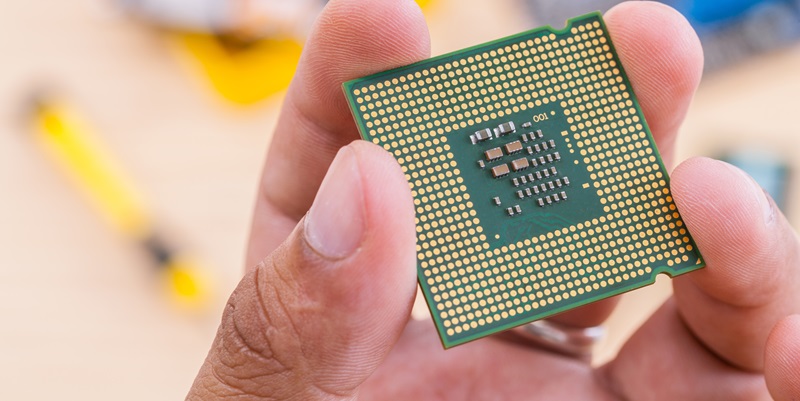AMD has disclosed significant security vulnerabilities within its processors, ranging from the Zen to the latest Zen 4 Ryzen 7000 series. These weaknesses, particularly in the SPI, raise critical concerns as they could lead to unauthorized code execution, denial-of-service attacks, or privilege escalation.
These issues affect a wide array of AMD CPUs, including those used in powerful Epyc servers and efficient Ryzen mobile units. As a remedy, AMD has updated their AGESA code, which is provided to motherboard manufacturers. These manufacturers are now tasked with integrating these updates into new BIOS versions to resolve the vulnerabilities.
Users with affected AMD processors should be vigilant and promptly update their system BIOS when their motherboard vendor releases a patch. This action is vital for maintaining the security integrity of their systems and protecting against potential exploits.
BIOS Updates and Mitigation
AMD’s mitigation efforts are currently unfolding, reflected in part by the swift action taken to address vulnerabilities within AM5 boards, which have already received patches. The newest line of Threadripper processors, marked by their advanced security features, appears to remain untouched by these issues. This expedited response indicates not only AMD’s commitment to security but also emphasizes the prioritization of more recent hardware technologies in their patch rollout strategy. However, for older motherboard sockets such as AM4, patches may be delayed, signaling a tiered approach to updates.
Those operating older systems are encouraged to maintain vigilance with regards to their motherboard manufacturer’s release schedules, ensuring that when available, updates are applied promptly. While AMD’s dissemination of AGESA code marks the initial stage of vulnerability control, the onus ultimately falls upon end-users to install BIOS updates as a defensive measure against persistent security threats. In a technological landscape where cyber threats evolve at a relentless pace, staying abreast of firmware and software updates is not just recommended but pivotal for the safety and integrity of systems worldwide.
User Vigilance and Industry Response
AMD has revealed crucial security vulnerabilities, underscoring the importance of regularly updating firmware and software for system protection. Staying current is vital in an era where cyber threats are prevalent. By informing the public and working with partners to fix these issues, AMD champions a security-forward industry approach. The implications of not addressing such vulnerabilities could be substantial, pointing to the necessity for hardware vendors, cybersecurity professionals, and users to collaborate closely.
Through these updates, AMD proactively guards against potential cyberattacks. Users must be vigilant and regularly check for official updates for their devices, installing them to bolster their digital defenses. Doing so not only mitigates risks but also demonstrates a dedication to cybersecurity. As new patches are released, users should act by updating their systems, ensuring they maintain a strong stance against cyber threats.

